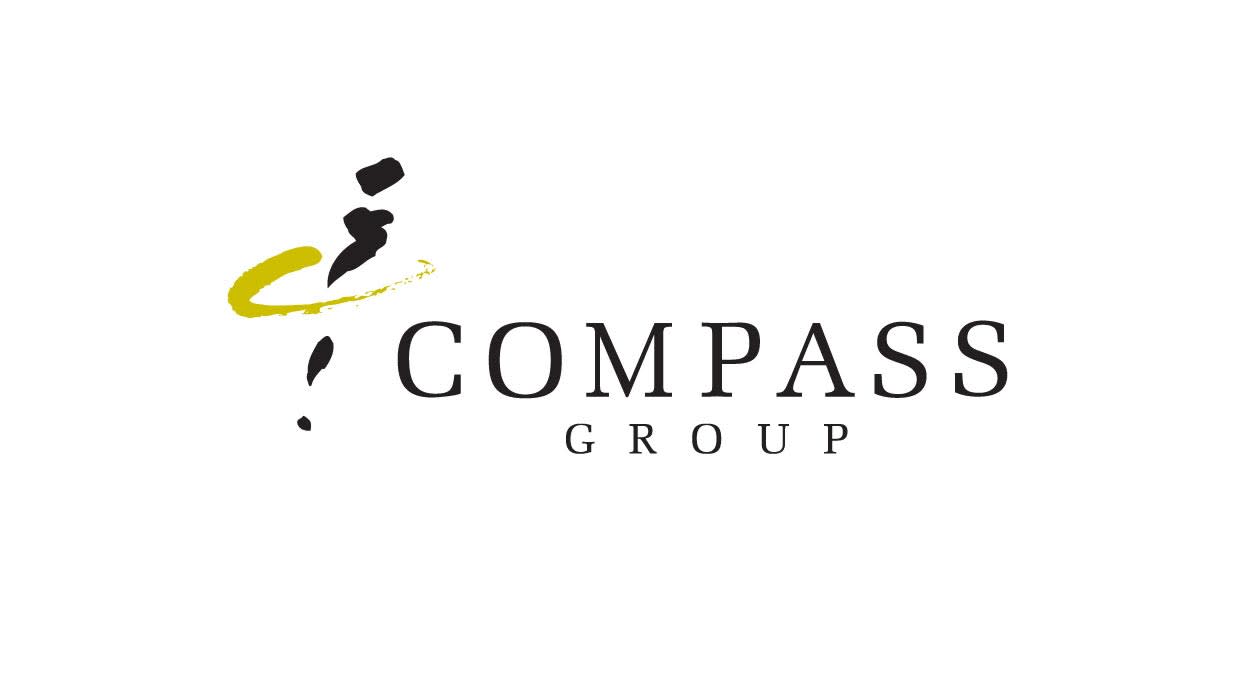Compass Group delivered $22.6bn of sales in the first half, up 8.5% on an organic basis. The growth was broad based across both the dominant North American market and International regions.
Underlying operating profit was up 11.6% to $1.6bn benefitting from the group’s growing scale.
Underlying free cash flow growth was slower, rising 5.5% to $743mn, restrained by the timing of receipts and payments.
Net debt increased $1.2bn to $6.6bn largely due to $1.0bn which was spent on acquisitions.
In 2025, Compass still expects organic revenue growth above 7.5%, and high single-digit growth in underlying operating profit.
Compass increased the interim dividend by 9.2% to 22.6c. The $500mn buy back was completed in December.
The shares fell 3.3% in early trading.
Our view
Compass Group is on track to make its full-year guidance, but markets showed a little disappointment that momentum had slowed a little in the second quarter. There was precious little commentary around tariffs, but with the vast majority of ingredients in the core North American division sourced locally, the company looks well placed to deal with their impact.
Compass feeds hungry mouths everywhere, from stadiums to university halls and offices. It's a natural beneficiary of companies looking to outsource their food offerings choosing to defer to the specialist expertise in navigating complex regulations and delivering an efficient high-quality product.
Guidance this year is on the cautious side. However, revenue and profits are still expected to outpace the economy. That’s before the impact of some chunky acquisitions made last year. And while there can be no guarantees, we think there could be some upside to these numbers.
Compass estimates only around half of its target market currently outsources their food preparation, and the group commands less than 15% of the market. That suggests there's a big slice of pie still up for grabs. And with about half of total revenue coming from non-cyclical sectors, Compass has another layer of shelter against challenging economic conditions.
As one of the leading players in this fragmented market, Compass is growing both organically and through acquisitions. This can help it to add new capabilities or get a leg up in markets where its under-represented, but there’s always some execution risk when buying new companies.
Compass has proved a dab hand at navigating the impact of inflation on its own operations with profitability still trending higher. As well as price increases, menu management and a focus on where it buys its ingredients and equipment are some of the tools it has at its disposal. Slowing growth in input prices could provide a further boost to the bottom line, but there remain some inflationary risks on the horizon.
Net debt has been on the up, but this is in part reflective of significant acquisition activity, which we think could drive further value for shareholders.
Strong cash flows are forecast to cover the dividend but with borrowing at the top of the target range share buybacks look set to take a back seat for now. Remember, no returns are guaranteed.
Overall, we think Compass is an attractive business, with external conditions creating something of a perfect storm to boost demand for outsourcing. That's earnt it a valuation at the top of its peer group, which does mean investors are likely to be disappointed if there’s any further slowdown in growth.
Environmental, Social & Governance Risks
Consumer services companies are medium-risk in terms of ESG, and very few companies are excelling at managing them. That leaves plenty of opportunity for forward-thinking firms. The primary risk-driver is product governance. The impact of their products on society, labour relations and environmental concerns are also key risks to monitor.
Compass Group's overall management of material ESG issues is strong according to Sustainalytics. However, ESG reporting is not in accordance with leading reporting standards. The Group is a significant employer with strong health and safety policies in place but Sustainalytics has identified minor controversies and called out talent recruitment as an area for improvement. There's also a broad set of sustainable food supply policies in place with measurable and ambitious targets in place.
The Share Research team is ceasing covering of Compass Group. This is the last update and house view HL will produce on this stock. You can still find out more about our thoughts on the Financials industry by signing up to our Share Insight email.
Compass Group key facts
All ratios are sourced from LSEG Datastream, based on previous day’s closing values. Please remember yields are variable and not a reliable indicator of future income. Keep in mind key figures shouldn’t be looked at on their own – it’s important to understand the big picture.
This article is not advice or a recommendation to buy, sell or hold any investment.No view is given on the present or future value or price of any investment, and investors should form their own view on any proposed investment.This article has not been prepared in accordance with legal requirements designed to promote the independence of investment research and is considered a marketing communication.Non - independent research is not subject to FCA rules prohibiting dealing ahead of research, however HL has put controls in place(including dealing restrictions, physical and information barriers) to manage potential conflicts of interest presented by such dealing.Please see our full non - independent research disclosure for more information.


